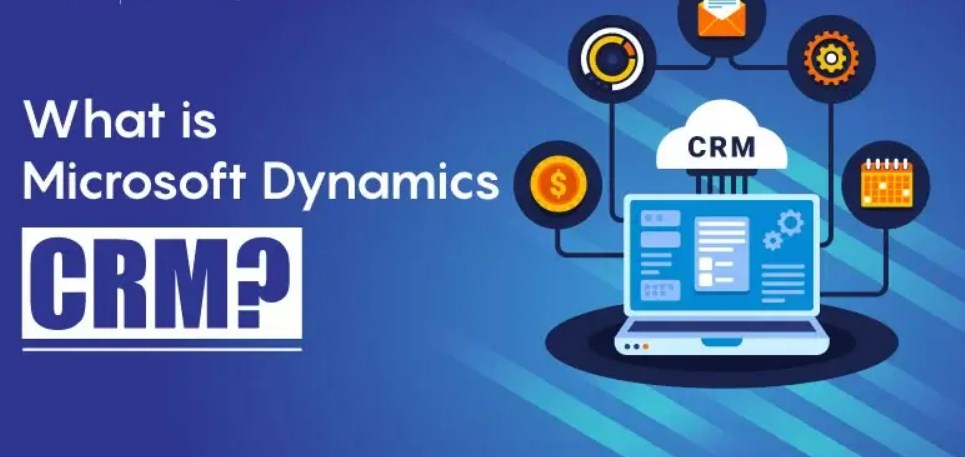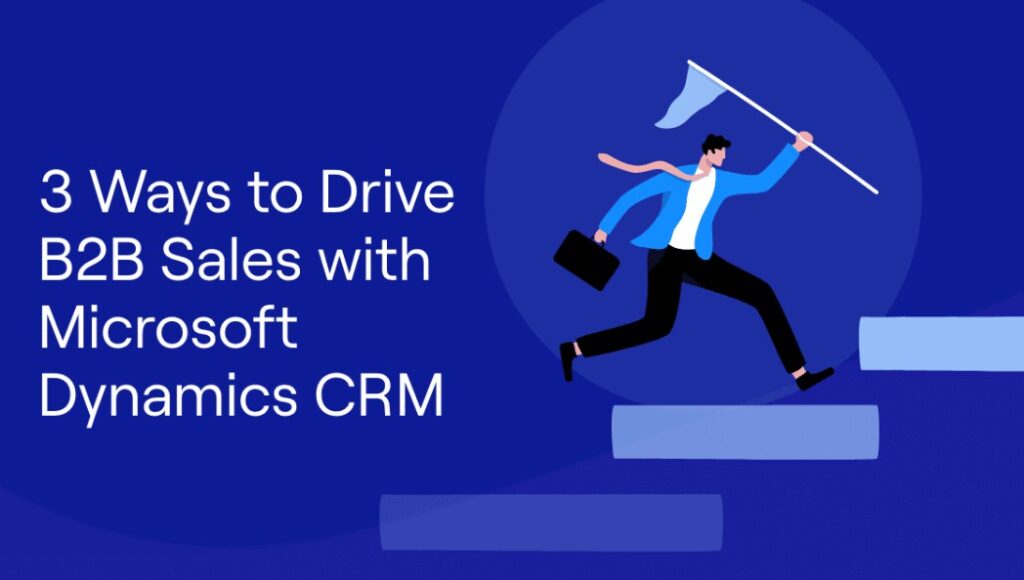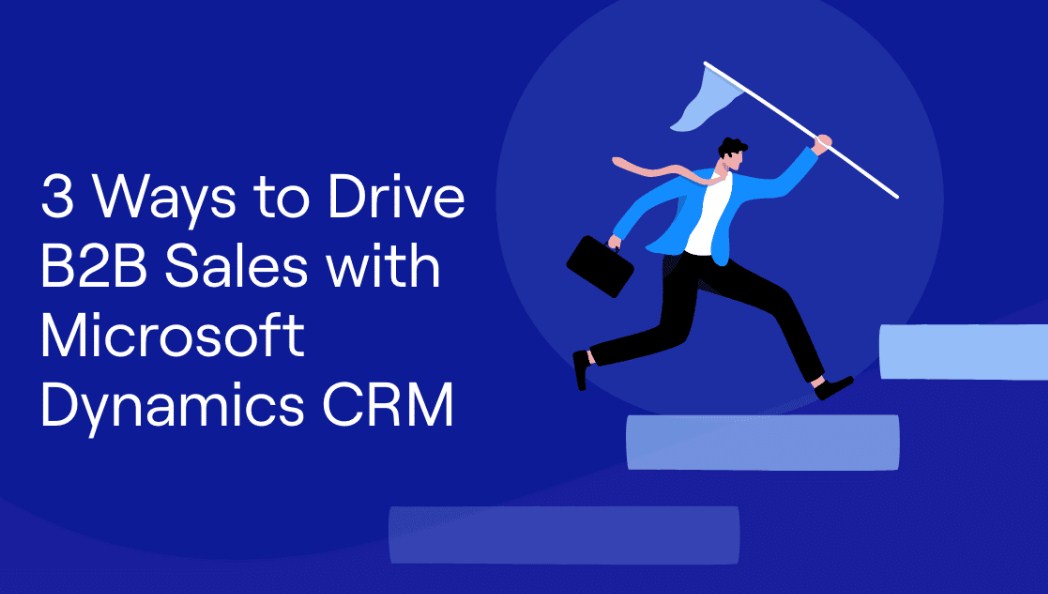Microsoft Dynamics CRM is one of the most popular customer relationship management (CRM) solutions in the market today. Whether you’re a small business or a large enterprise, leveraging the full potential of CRM technology can dramatically improve your sales, marketing, and customer service operations.
In this comprehensive guide, we’ll explore everything you need to know about Microsoft Dynamics CRM—from its features and benefits to real-world examples and where to buy it at the best price. By the end of this article, you’ll have a clear understanding of why Microsoft Dynamics CRM is a great choice for your business in 2024. 🚀
What is Microsoft Dynamics CRM?

Microsoft Dynamics CRM is a cloud-based customer relationship management software developed by Microsoft. It integrates seamlessly with other Microsoft products like Office 365, Power BI, and Teams, making it an ideal choice for businesses that are already using the Microsoft ecosystem.
The CRM platform helps businesses streamline their customer interactions, manage sales pipelines, improve customer support, and enhance marketing campaigns. With Microsoft Dynamics 365, businesses can unify their data, gain actionable insights, and improve decision-making across departments.
Key Features of Microsoft Dynamics CRM
- Customer Engagement: Offers a comprehensive suite of tools for sales, marketing, and customer service.
- AI Integration: Uses artificial intelligence to provide insights into customer behavior and improve engagement.
- Sales Automation: Automates routine tasks like lead tracking, follow-ups, and proposal generation, freeing up time for your team.
- Marketing Automation: Allows you to create and manage marketing campaigns, track performance, and reach customers via email, social media, and other channels.
- Customizable Dashboards: Provides a variety of customizable dashboards to give you real-time insights into sales, service, and marketing metrics.
- Data Security: Ensures that all customer data is secure with encryption and compliance with global data privacy regulations.
Why Should You Use Microsoft Dynamics CRM?
Implementing Microsoft Dynamics CRM can provide substantial benefits to businesses across a variety of industries. Here’s why you should consider it:
1. Streamlined Customer Management
With Microsoft Dynamics CRM, you can consolidate all customer data in one place, improving team collaboration and customer service. This means better relationships with customers, more efficient operations, and increased customer loyalty. 🎯
2. Better Decision-Making with AI & Analytics
The AI-powered analytics in Microsoft Dynamics CRM can predict customer needs, automate workflows, and generate insights that drive smarter business decisions. Imagine the ability to proactively address customer concerns before they escalate—this is where the power of AI comes into play! 🤖
3. Boosted Sales & Marketing Performance
By automating many of the repetitive tasks in sales and marketing, Dynamics CRM allows your team to focus on higher-value activities. It can also deliver highly targeted campaigns to the right audience, maximizing your ROI. 📈
4. Integration with Microsoft Ecosystem
Since Microsoft Dynamics CRM is part of the larger Microsoft 365 ecosystem, it integrates seamlessly with other tools your business might already be using, such as Outlook, Excel, and Teams. This unified experience enhances productivity and reduces the need for multiple disconnected platforms. 🔄
Real-World Examples of Microsoft Dynamics CRM Products

Let’s take a closer look at five real-world applications of Microsoft Dynamics CRM and how they can benefit your business. These products integrate Microsoft Dynamics 365 in different ways to provide comprehensive solutions.
1. Microsoft Dynamics 365 Sales
This product focuses on sales automation and customer engagement. It helps sales teams increase revenue by providing them with insights into customer behavior, lead scoring, and real-time analytics.
Pros:
- Automated lead management.
- AI-powered predictive analytics.
- Integration with Outlook and Excel.
Cons:
- Can be expensive for small businesses.
- Steep learning curve for new users.
Price: Starting at $65 per user/month.
2. Microsoft Dynamics 365 Marketing
Perfect for businesses looking to automate marketing campaigns, this product helps marketers track customer journeys, create personalized content, and manage email campaigns. It integrates directly with Microsoft Dynamics 365 Sales for better alignment between sales and marketing teams.
Pros:
- AI-driven insights.
- Easy integration with social media platforms.
- Personalized email campaign management.
Cons:
- Requires a high level of technical knowledge.
- Limited to Microsoft ecosystem tools.
Price: Starting at $1,500 per month for up to 10,000 contacts.
3. Microsoft Dynamics 365 Customer Service
Designed to improve customer service operations, this tool helps businesses provide multi-channel support, streamline case management, and create knowledge bases for customers.
Pros:
- Omnichannel support (chat, email, social media).
- Knowledge base management.
- Automated case routing.
Cons:
- Complexity in setup.
- High cost for small businesses.
Price: Starting at $50 per user/month.
4. Microsoft Dynamics 365 Field Service
If your business involves fieldwork, this product helps you manage service requests, schedule appointments, and track field agents in real-time.
Pros:
- Real-time dispatching and tracking.
- Mobile capabilities for field agents.
- Preventative maintenance management.
Cons:
- Geared toward larger businesses.
- Somewhat difficult to customize for niche needs.
Price: Starting at $95 per user/month.
5. Microsoft Power BI + Dynamics 365
Power BI integrates seamlessly with Microsoft Dynamics CRM to deliver powerful business intelligence. It allows users to create interactive reports and dashboards for deeper insights into business performance.
Pros:
- Easy to create custom reports.
- Integration with other Microsoft products.
- Provides real-time data analytics.
Cons:
- Requires training for best results.
- High monthly subscription costs.
Price: Power BI Pro starts at $9.99 per user/month.
Product Comparison Table: Microsoft Dynamics CRM Solutions
| Use Case | Microsoft Dynamics 365 Sales | Microsoft Dynamics 365 Marketing | Microsoft Dynamics 365 Customer Service | Microsoft Dynamics 365 Field Service | Power BI + Dynamics 365 |
|---|---|---|---|---|---|
| Ideal For | Sales teams | Marketing teams | Customer support teams | Field service businesses | Data analysis teams |
| Key Features | Lead scoring, analytics | Campaign management, segmentation | Case management, knowledge base | Scheduling, real-time dispatch | Custom reports, dashboards |
| Pros | AI-powered insights, automation | AI-driven marketing, personalization | Omnichannel support, automation | Mobile integration, scheduling | Real-time data, integration |
| Cons | Expensive for small businesses | Requires high technical knowledge | Setup complexity | Complexity in customization | High subscription cost |
| Price | Starting at $65/user/month | Starting at $1,500/month | Starting at $50/user/month | Starting at $95/user/month | $9.99/user/month |
How to Buy Microsoft Dynamics CRM
Where to Buy Microsoft Dynamics CRM
You can purchase Microsoft Dynamics CRM through the official Microsoft website. You can choose between different plans depending on your business size and needs.
- Small Businesses: Opt for Microsoft Dynamics 365 Sales or Customer Service at an affordable price.
- Enterprises: Consider full-suite packages like Microsoft Dynamics 365 for Marketing and Field Service for comprehensive CRM solutions.
💻 Click here to purchase Microsoft Dynamics CRM directly from Microsoft! Buy Now
How Much Does Microsoft Dynamics CRM Cost?
The cost varies depending on the number of users, features, and modules you select. Basic plans start at $50 per user/month, while more advanced modules can go up to $1,500 per month. Pricing is highly flexible, so be sure to contact Microsoft for a personalized quote based on your business requirements.
FAQs About Microsoft Dynamics CRM
1. What is Microsoft Dynamics CRM used for?
Microsoft Dynamics CRM is used to manage customer relationships, sales processes, marketing campaigns, and customer service operations.
2. How does Microsoft Dynamics CRM improve sales?
It automates many aspects of the sales process, offers AI-driven insights into customer behavior, and enables sales teams to focus on closing deals rather than manual tasks.
3. Can small businesses use Microsoft Dynamics CRM?
Yes, Microsoft Dynamics CRM is scalable and can be tailored to fit the needs of small businesses, especially those already using Microsoft Office products.
4. How secure is Microsoft Dynamics CRM?
Microsoft Dynamics CRM offers enterprise-grade security, including encryption and compliance with GDPR and other data privacy regulations.
5. Where can I get support for Microsoft Dynamics CRM?
You can access support through the Microsoft Support Portal or get in touch with a Microsoft partner.
With all this information in hand, you’re now ready to make an informed decision on whether Microsoft Dynamics CRM is the right choice for your business in 2024!
This article covers all the major informational, benefit-oriented, and transactional aspects of Microsoft Dynamics CRM and provides useful insights for potential customers.
Read More >>>
- CRM Comparison for Small Business: Best CRM Tools to Boost Your Growth in 2024
- Sales Force Software: Transform Your Sales Strategy with the Best CRM Solutions
